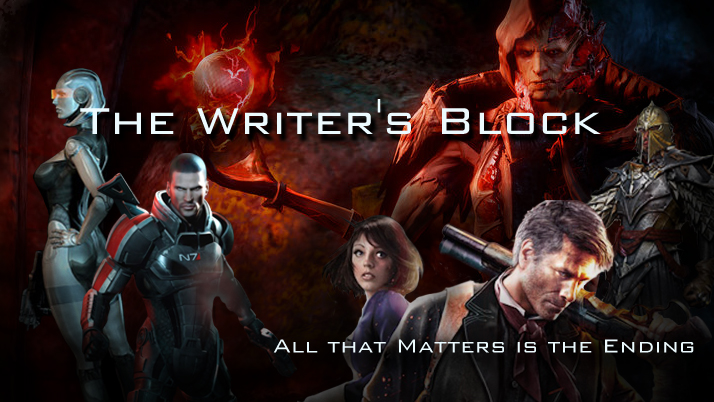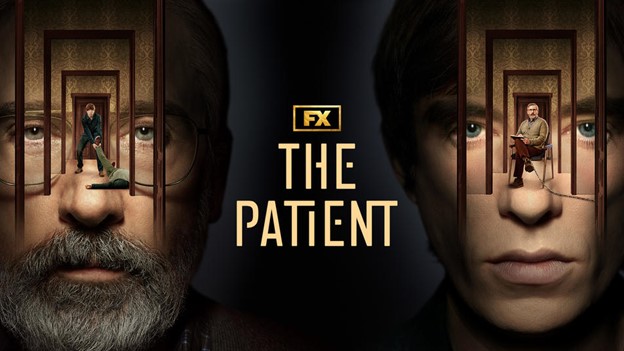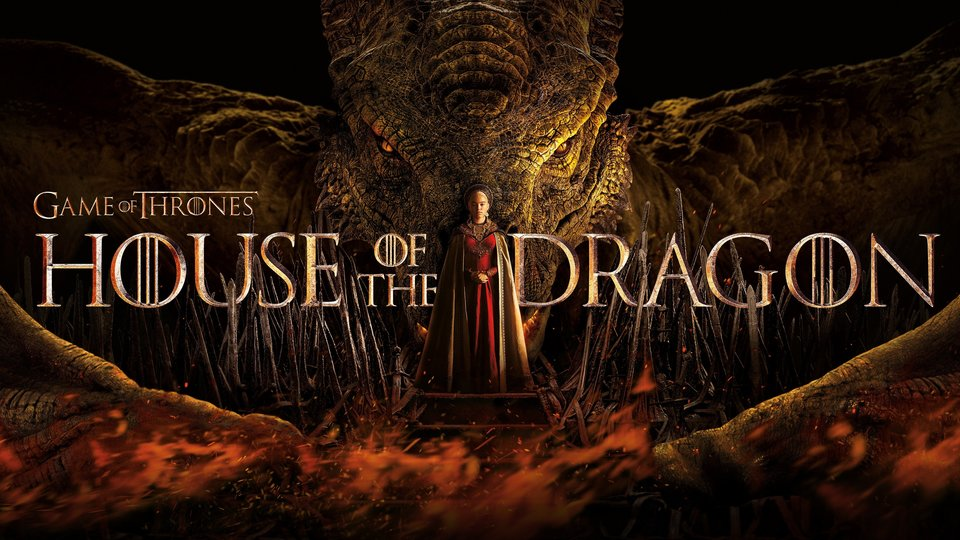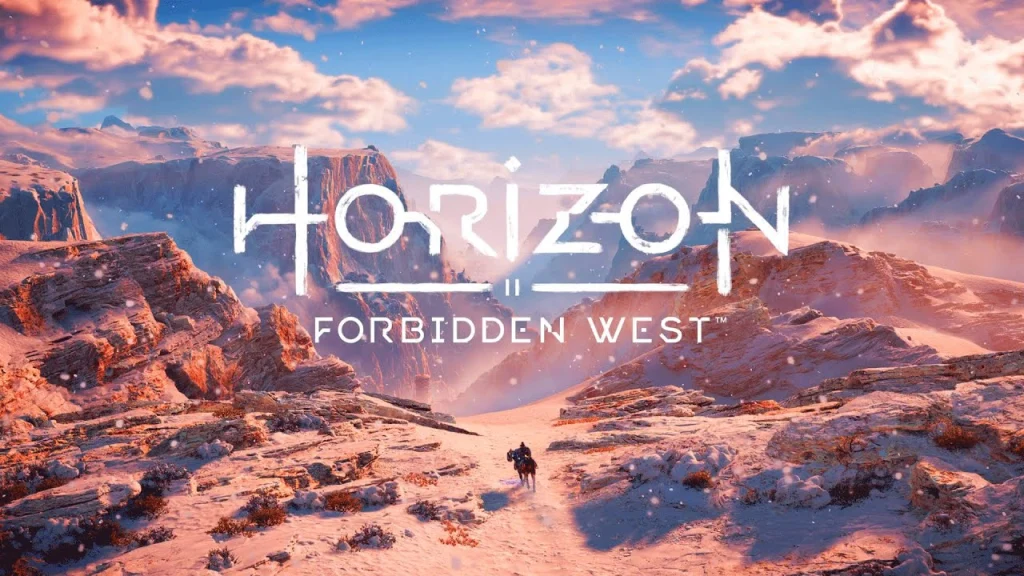I’ve been watching Rings of Power the last month or so, at least I was trying to. I was struggling to figure out why I just wasn’t being grabbed by the show, but the last couple episodes have made it clearer. Normally I’d wait until the end of the show’s season to write something up about it, but with so much quality content out there, and my personal schedule being so busy… I just don’t the time to dedicate to watching the rest. It’s entirely possible that the ending of the season will absolutely blow everyone away, and if so I will happily come back here and eat my words.
In the meantime, let’s figure out what’s gone wrong with The Rings of Power.
The Rings of Power: A Storytelling Review

This review is based only on the first five episodes. I should also note I never read the Silmarillion or any of the other Tolkien works this show is based on.
Problem 1: The Rings of Power is a Camel

A camel is a horse designed by a committee. One of the oldest sayings in show business, and yet it still holds true to this day. It’s somewhat of an unfair analogy because a camel is actually an incredibly well adapted animal for its environment, but that’s beside the point. It should also be pointed out that a lot of successful movies and shows, in fact most of them, were designed by a committee in one way or another. And I suppose when one of the largest corporations in the world decides to make a TV show, it’s almost inevitable that it would be designed by a committee.
But they produced one ugly camel.
If The Rings of Power lacks one thing, it’s a firm sense of self. The show itself doesn’t quite seem to know what it wants to be, but it knows the separate elements that were popular in Peter Jackson’s “Lord of the Rings” Trilogy, so it tries to do them all at once. The first problem we have is focusing the story of Galadriel.
Now this could have been done brilliantly, but it would have to be told differently. Galadriel is literally one of the first sentient beings to exist on Middle-Earth, she’s seen all of recorded history unfold before her, that alone puts her on almost godly level of intelligence and wisdom. If you want to make Galadriel the main character, you cannot approach it from the typical adventure story level of an impassioned youth out for revenge, because she’s not. And yet, that’s exactly how this show is playing it. A creature thousands of years old with knowledge and power unfathomable to most, goes through the story exactly as any other adventure protagonist: brash and arrogant.

So why make Galadriel the main character? Well because this particular committee decided that they needed some kind of recognizable name, they can’t use anyone from the original Lord of the Rings trilogy because this show takes place thousands of years earlier and they don’t have the rights to any of them anyway. But hey, everyone remembers Galadriel right? I think she’s only on screen for like 15 or 20 minutes total in the entire trilogy, but Cate Blanchette’s performance made a lasting impression on the audience. Since that’s the only thing other than the title that will have any connection with the original trilogy, Galadriel becomes leading character, ignoring the fact that Galadriel’s impact on the audience was made specifically because she only showed up a handful of times.
The next piece of this camel was created through the decision to have not one, not two, not three, not four, but five concurrent storylines happening at once. We have Galadriel and Halbrand, Elendil and Isildur, The Harfoots, Durin and Elrond, and Arondir and Bronwyn. Each representing their own plot thread. Even the best writer would struggle to maintain any kind of pacing with this much going on in a story at once. Brandon Sanderson is one of the few I can think of who routinely has this many plots happening concurrently who can pull it off, but he does so by allowing each plotline to breathe and get its due time. Instead each episode tries to give all five of these plots time to do some incredibly heavy lifting, robbing all of them of the impact they might have had. By the time any of these stories start to pick up speed and get me invested, we’re shifting to another one.

The Harfoots are definitely the most Camel like piece of this meandering storyline, and you can tell by the way that all momentum built up by other scenes comes smashing into a brick wall when the Harfoots are on screen. I can picture how this happened perfectly too, the original Lord of the Rings trilogy had Hobbits, they were in fact the most important characters in that movie. Frodo, after all, is the one who is ultimately responsible for destroying the Ring (with a finger-biting assist from Gollum.) So when the writers and showrunners initially made their pitch, I’m betting the Harfoots weren’t in there. But some executive said we need Hobbits in this show for mass market appeal, and in come the Harfoots.
But just like with Galadriel, Hobbits are best used in small doses. Rewatching The Lord of the Rings, which this show made me want to do to remind me what good storytelling looks like, I was surprised how little screen time the Hobbits actually get. In The Fellowship of the Ring they play a larger role, but after that, the Hobbit characters are mostly used as supporting characters to ground the action. Frodo and Sam are the exception, but even their scenes aren’t overly long, just enough to reinforce the stakes of their mission and keep us in touch with their journey. And this was exactly the way to play them, because as the Harfoots are demonstrating… they lose their charm fairly quickly when overexposed.
Yes the first time I saw their hidden village and saw their childish antics, it was fun and amusing. Now, I just groan every time the story cuts back to them. I can see why they had some man in a meteor land in the Harfoot camp, because without that small bite of intrigue, the Harfoots would contribute absolutely nothing to the story.
And even if they did somehow contribute to the story, the problem is that the story is… well boring.
Problem 2: Info Dumps Instead of Worldbuilding

Info dump is a popular term used to refer to heavy handed exposition to explain the world to the reader. One could argue it works, but even at its best it’s inelegant, clumsy, and often bores or overwhelms the audience. But you know what’s interesting? There’s not really a good word for when world building is done well, because when it is, the audience doesn’t even realize it’s happening.
Rings of Power falls heavily into the info dump category of world-building unfortunately. To a certain extent this is understandable, the world of Middle-Earth is complex and there’s an additional complication in the weird legal, copyright situation Amazon themselves in. But even so, the amount of heavy, boring exposition that’s being used to convey the world to the audiences is unacceptable. If you, like me, just aren’t being grabbed by the characters, it’s not so much the characters are boring than the dialogue is boring. And the dialogue is boring because the majority of it is expositional.
To a certain extent I was willing to forgive this a little bit in the first episode, there’s a lot to convey to a new audience about this world and they can’t just assume people have watched the original Lord of the Rings trilogy. However once the story was introduced and the characters established, the exposition just kept coming, and if anything it becomes heavier and denser with each passing episode.

The peak example of this is when Galadriel and Halbrand are brought to Numenor in Episode 3. The entire episode feels dedicated to exposition regarding why Numenor exists, the once close relationship with the Elves, and their sealing themselves off from those elves. For instance, when talking about King Elros, this is the exchange between Galadriel and Elendil:
“Thank you for bringing me here.” – Galadriel
“Thank our last king. It was because of him this tower wasn’t torn down.” – Elendil
“He was loyal to the Elves?” – Galadriel
“Is Loyal. We forced him from the throne for it. They say he spends his days in the tower now. An exile in his own kingdom.”
This is textbook expositional dialogue, and it does what it’s supposed to. It successfully relays to the audience that the last king was loyal to the elves, and that he’s now under virtual house arrest in his tower. What it fails to do, however, is give the audience any reason to care about this information. This come across as a less of a conversation than the characters addressing the audience directly in an attempt to convey the information they need. And when Galadriel comes to the realization that the mark she’s been searching for is in fact a map of the Southlands, it comes across more like she’s summarizing a book report than a telling Elendil about what she’s learning.
These are important plot elements being introduced: the beginnings of a civil war brewing among the Numenorians, and Sauron’s plan to establish the realm of Mordor. When the map zooms out, an epic score begins playing and I really wish I had been excited as the music was leading me to believe I should be, but I wasn’t. The scene falls completely flat.
The one scene where world building is done well, and it shows, is the meeting between Durin and Elrond. And here in lies the secret to world building: build the world through the characters interacting, not simply talking.

When Durin and Elrond meet, they begin arguing and squabbling immediately. And it’s in this delightful squabbling that an important fact about the world is established: Elves are immortal.
Now we’ve been told that elves are immortal multiple times over the course of the show. This is the first time this fact has been shown, seen the actual consequences of what an immortal lifespan would have on a relationship. For Elrond twenty years is nothing, it’d be the equivalent of me not seeing a friend for a couple weeks. But for Durin, he lived a lifetime in those years, fell in love, got married, and had kids, all while his best friend was no where to be seen. And Elrond, seeing how he’s pained Durin, is honestly regretful. Now if I didn’t already know elves were immortal, I would never forget that fact now.
This is how to properly do worldbuilding, not through dense paragraphs of exposition, but through discovering the world through how the characters behave and act. Seeing two characters interacting and how those interactions are affected by the world they’re living in, that’s how to do worldbuilding. But so far, I’ve only seen that one single scene that did it well. The rest have been long, boring diatribes telling the audience about what’s happening, rather than showing it.
Which leads to the biggest problem of all:
Problem 3: The Characters Are Boring

Any good story relies on its characters to tell it, I can’t think of a single story that managed to excel through its plot and nothing else. Yet the only characters I can even remotely connect with in this story are Durin and Elrond because they’re the only characters that feel real. The rest, they’re ciphers, a mere medium through which to tell the story to the audience through expositional dialogue. And when we do get moments of genuine character building moments… they feel unearned, flat, or simply ridiculous.
Episode 4 has the most egregious example of this. When Galadriel and Halbrand are in the Numenorian prison, Halbrand starts to brow beat her. He explains how walking into a throne room demanding, ships, troops, and weapons where she had no room to demand it, was perhaps not the best approach. And this scene is exactly why I said that having Galadriel as the main character was a mistake, because this all should have been obvious to Galadriel.
She acts like she’s a 20 year old woman on her first adventure. She’s brash, arrogant, angry, and with no firm direction in life. A standard adventure story archetype and if they had made this character a girl from the Southlands out for her brother’s vengeance, than sure I could probably buy this. But instead they chose Galadriel, whom the story keeps reinforcing is thousands of years old and has fought in war for centuries. They keep trying to sell that it’s her desire for revenge that’s driving her idiotic decision making, but I’m just not buying it.
A creature thousands of years old like Galadriel, who is well spoken and with the benefit of thousands of years of experience and having lived through all of recorded history, should know at least something about diplomacy. In fact she should be an expert in it, in both gaining allies and manipulating them to do her bidding. Instead they’re trying to setup this arch of her learning to be less brash, more cooperative, and less arrogant.

This storyline could have worked though, had it done even a modicum of work developing her character. It could be argued that being thousands of years old has made her callous and that mortal life now seems insignificant to her, but it was up to the show to establish that. Instead of doing any kind of development, they simply chose to have Galadriel come into every scene angry and arrogant. And that’s how they’ve managed to turn their main character into the most unlikeable characters on the show.
And yet sadly, Galadriel is probably the most well realized character on this show. I struggle to even write anything about any of the other characters at length. Nori is operating like an offbrand Frodo, Arondir is an even more stoic Legolas, Bronwyn is turning into our Eowyn… it’s silly how you can draw a straight line from the Rings of Power characters to the Lord of the Rings character they’re trying so badly to emulate.
The exception to this is, of course, Durin and Elrond. The only points of brilliance I can see in this show comes from these two. Whether through a different writer working on their scenes, or the actors simply having outstanding chemistry and managing to make their scenes work despite the script, I love every time these two get on screen. Even when their having expositional dialogue, they’re interacting in a way that seems genuine. For instance in episode 5, Elrond tells Durin that the Elves need Mithril in order to survive, and that the lives of the Elves are in his hands:
Whose hands? – Durin
Yours. – Elrond
Hmm. – Durin
And just that little nugget of smug satisfaction from Durin made the exposition that had preceded it seem less intrusive. Made the characters feel more real. I actually believe these two are friends, that the events they’re living through are having an effect on their lives, and I want to see what happens to them.

But for the rest of the characters? At this point, I’m rooting for Sauron.
Because at least he’ll be interesting.





Leave a comment